By Jess Ponting
The second iteration of Olympic surfing is in the books. The event took every second of the 8-day waiting period to complete. Despite round three of the men’s competition being run in epic conditions, Olympic medals were ultimately decided by marginal priority calls and wave-starved heats that left competitors unable to find enough scoring rides for skill to be the determining factor. In a sporting event that prides itself on level playing fields and equal opportunities for all athletes, this is sub-optimal. Perhaps unacceptable. After a gold medal match that saw no waves ridden for more than 15 minutes and only three waves total, some pundits are claiming that surf parks will become Olympic surfing venues as soon as 2028.
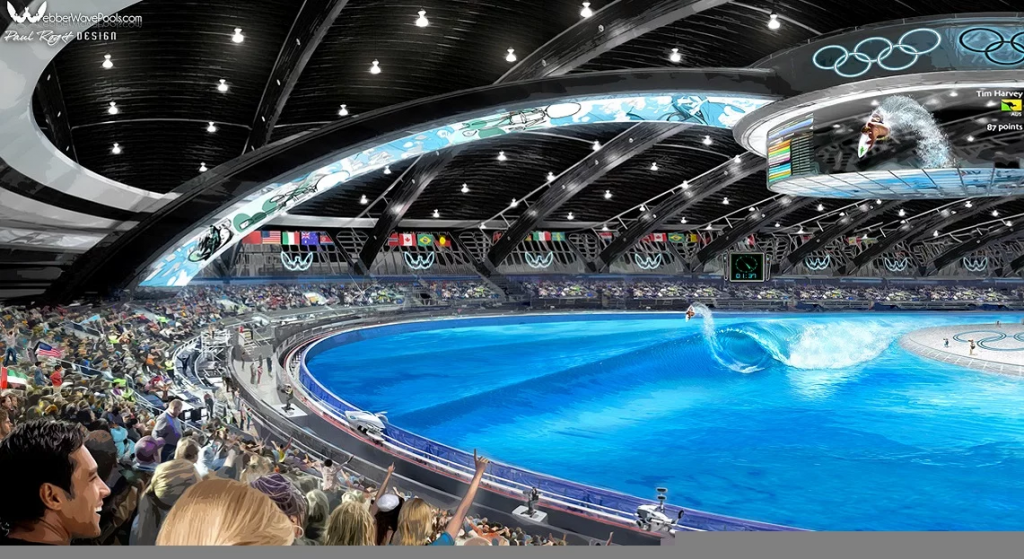
There are a number of issues at play here. Not least is the nature of the audience the Olympics wants to design its surfing spectacle for. The hosts of core Australian surf podcast Ain’t that Swell railed against the idea of a surf park Olympics after the 2024 contest wrapped in Tahiti. They claim that a heat with almost no waves is more exciting for a hardcore surf fan than a surf park competition with ample high-quality waves. Perennial top 5 surfer and heavy wave specialist Australian Jack Robinson, despite losing the gold medal match to Tahitian surfer Kauli Vaast via a botched priority call and a heat that only afforded him one scoring ride, also derided the idea of a surf park Olympics. Robinson described surf park contests as ‘boring’, particularly when the waves are really long and surfers are just doing the same safe maneuvers over and over. This is a thinly veiled reference to the WSL Surf Ranch where Robinson placed equal 17th in 2023.
Jack is not wrong. As I discussed with the founder of STAB Sam MacIntosh in the last Surf Park Central newsletter, the original iterations of WSL Surf Ranch competitions made for undeniably tedious viewing, though the updated 2023 format created more excitement.
Sterling Spencer, pro surfer and host of the Pinch My Salt podcast considered the broader viewing experience when insisting that the Olympics ‘must’ be staged at a surf park in the future. Spencer ran an Instagram poll in which 82% of more than 700 respondents thought that the format of Olympic surfing should be changed to incorporate surf parks. While some commentators claim to prefer the tension of two surfers sitting motionless in a flat ocean for 15 minutes over a surf park contest, Spencer points out that a non-surfing audience most likely finds surfers bobbing in a flat ocean for long periods boring and confusing.
Current world surfing champion, Brazilian Felipe Toledo also called for the Olympics to be staged in a surf park after the Paris Olympics. His comments came after his compatriot and former three-time world champion Gabriel Medina lost his Olympic semi-final because he was only able to ride one quality wave while his opponent Jack Robinson surfed two. Toledo is perceived by some to lack the credibility to make this call as he is scandalously incapable of successfully surfing big heavy waves like those in round three of the Paris Olympics’ venue of Teahupo’o. As predicted by his detractors, Toledo failed to commit on the biggest and best day of competition and was eliminated early. Conversely, Toledo has historically done well in surf parks, having placed first once and runner-up twice in the four championship tour contests stages in the WSL Surf Ranch (Toledo’s countryman Gabriel Medina had two wins and a runner-up finish at the Surf Ranch over the same period but does not suffer from the same lack of resolve in waves of consequence).
Oddly enough, The Endless Summer may be responsible for some of the issues around surfing in the summer Olympics. Despite the ubiquity of the dream of chasing summer and perfect waves around the world that The Endless Summer popularized, summer is the worst time of year for waves pretty much everywhere in the world.
The French Olympic games provided an opportunity to stage surfing in French Polynesia which was in the balmy throes of a tropical winter and indeed round three of the Olympics took place in huge, heavy, Toledo-melting surf while mainland France was pretty much flat. Not all Olympic host countries have the ability to shift to colonial territories with amazing surf. Not all Olympic host countries will have direct access to a coastline of any kind. The next summer Olympics will be in Los Angeles, followed by Brisbane, Australia. Both locations are in close proximity to high-quality surf breaks, but summer is unlikely to produce the highest-quality surfing conditions. It is entirely possible that the surf will be terrible in the Olympic waiting period at both locations.
On this basis, surf culture commentators and podcasters David Lee Scales and Scott Bass (who is also a former Surf Park Summit MC and surf park enthusiast) positioned a shift to surf parks for Olympic competition as ‘sad but inevitable’. Bass also reported that the WSL Surf Ranch has petitioned the Los Angeles olympic committee to be the venue for the 2028 surfing competition. By 2032 there are likely to be several surf parks within an easy drive of Brisbane and more than a dozen across Australia.
What might the global Olympic gaze fixed on surf park venues mean for the industry moving forward? This level of exposure will certainly bring awareness to the global sporting community of the existence of very high-quality waves being produced on command in human-made environments devoid of many of the dangers typically associated with the ocean and with many of the environmental variables required to align for perfect conditions in the ocean removed. Hosting Olympic competitions may unlock IOC and government funding for purpose-built surfing locations as legacy facilities from Olympic hosting. Surf parks will be more likely to be used as training centers for top level competitive surfers, opening the way for surfers not raised in the ocean to be considered for Olympic representation. Competitive leagues have already formed around existing surf parks, with the promise of articulation with Olympic competitions these may expand, potentially drawing scholarship opportunities for students. This potential mainstreaming of surf park venue awareness seems likely to contribute to a cracking open of the door to more conservative financing institutions for surf park development, perhaps even government-funded Olympic training facilities.
Let us know your thoughts on the matter and what you think the Olympics might mean for the surf park industry.





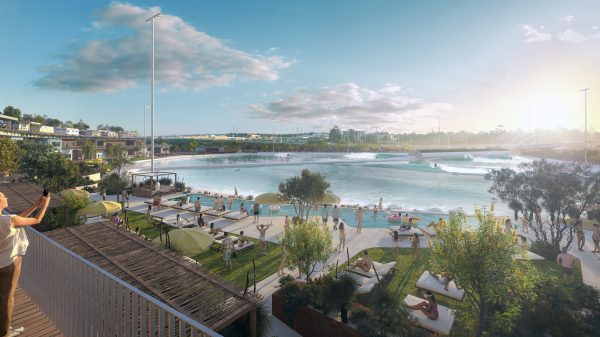
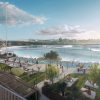

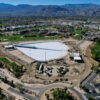
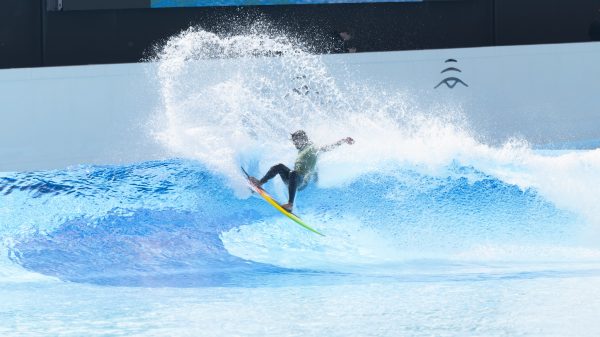
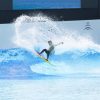
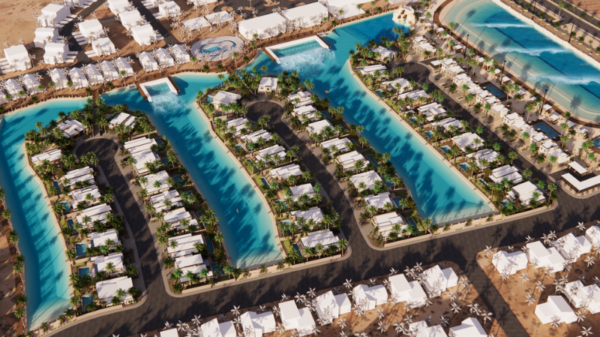

You must be logged in to post a comment Login